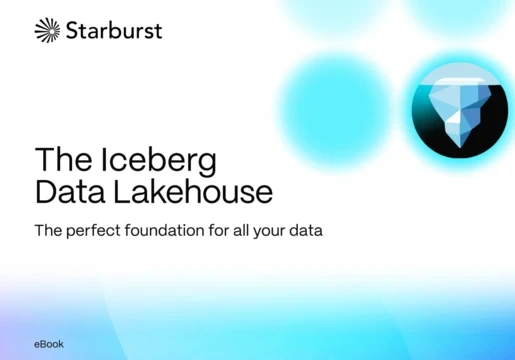According to Dresner, Big Data adoption is experiencing a strong upward trend in the enterprise. Nevertheless, a report from BlueData indicates that the vast majority of companies are experiencing a gap between Big Data intention and deployment. The report states that Big Data initiatives are often slow in their implementation. In addition to this, many initiatives are not "yielding the results and benefits that enterprises expect."

Big Data intention and deployment
According to the report, many enterprises are operating from a top-down assumption. In effect, this implies that all companies need to do is "pick the right analytics tool, the right Hadoop distribution and train the right people." However, BlueData insists that just half of this assumption is correct. Enterprises instead require a "bottom-up approach", which essentially ensures that they build their Big Data initiatives on infrastructure specifically designed for Big Data. Traditionally, the standard approach to Big Data infrastructure is incredibly complex, static, and expensive. It therefore takes "anywhere from six weeks to three months to stand up Hadoop applications after securing the necessary server hardware." As a result, this rigid infrastructure model restricts the business which results in the loss of agility. It is therefore evident that organisations now require a "flexible, easy-to-use, and simple to-deploy infrastructure."
Employing a new approach
Today, enterprises need to adopt a new approach in order to bridge the gap between implementation and deployment. Founded upon this premise, BlueData's mission is to "streamline and simplify Big Data infrastructure." In effect, BlueData's infrastructure software platform eliminates Big Data's inherent complexity as a barrier to adoption. Using virtualisation and container technology, enterprises can benefit from "easier, faster, and more cost-effective" deployments. In fact, the BlueData EPIC software platform delivers value from Big Data within days rather than months. Moreover, enterprises can benefit from a cost saving of up to 75% in comparison to traditional tools. Companies can thus create a cloud-like, "Big-Data-as-a-Service" experience for their on-premise environments. With data sets growing exponentially, it is vital that companies are able to "quickly, cost-effectively and consistently" derive value from their Big Data.
How can Big Data build customer intimacy? Listen to our podcast with Principal of OmniChannel Marketing at Opera Solutions Danny Flamberg to find out







Comments ( 0 )